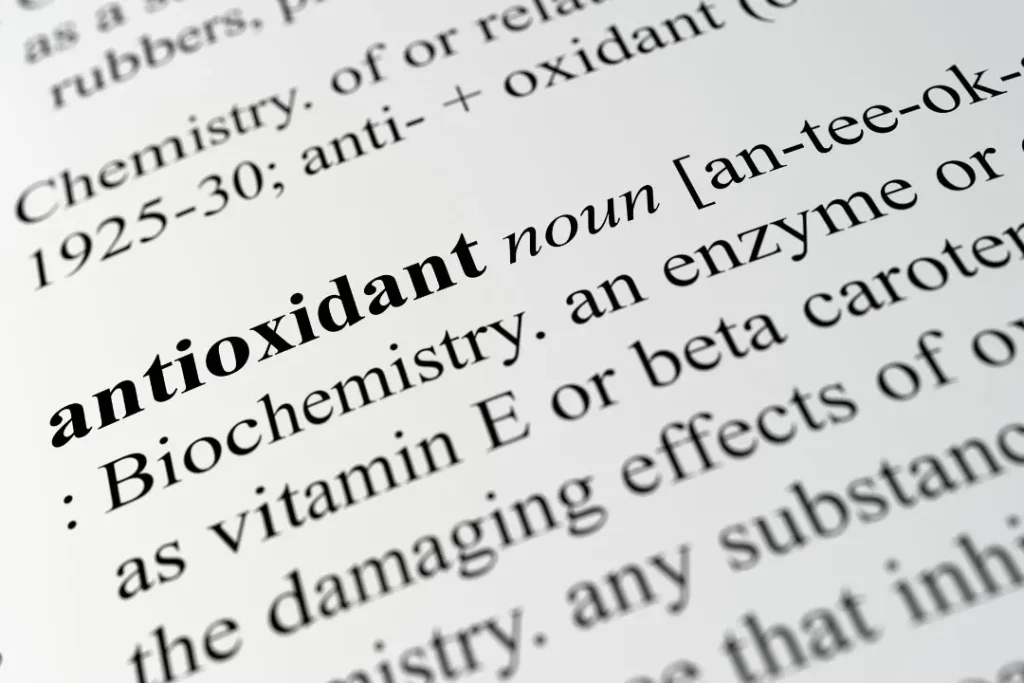Traditional medicine has long praised the English Ivy (Hedera helix), a perennial woody vine indigenous to Europe and Western Asia. English Ivy is admired for its sturdiness since it can survive under the most trying circumstances. However, the ivy’s possible medicinal advantages are what attract scientific attention. This article explores English Ivy’s properties, health advantages, recommended dose, possible side effects, and drug interactions, providing information to you on how to use this herbal supplement responsibly.
You May Also Like:
5 Great Nootropic Herbs for Focus and Mental Clarity
A Nootropic Herb for Cognitive Enhancement: Discover Bacopa Monnieri Benefits and Side Effects
English Ivy: Benefits, Dosage, Side Effects, Drug Interactions, and Other Important Information is an original (NootropicsPlanet) article.
The Nature of English Ivy
The adaptable, evergreen climber known as English Ivy is distinguished by its brisk growth and waxy, lobed leaves. In addition to being a typical ornamental plant, English Ivy has been used for a long time in traditional medicine in many different cultures to cure a variety of illnesses, from skin diseases to respiratory problems.
Health Benefits of English Ivy
The most in-depth studies have focused on English Ivy’s potential benefits for respiratory ailments. Its saponin concentration helps treat bronchial irritation and coughing caused by bronchitis and asthma. Additionally, its antibacterial action may help the body fight respiratory tract infections.
The plant’s anti-inflammatory qualities may also be useful for treating wounds or skin diseases like eczema. Though further research is needed, the antioxidant capability of English Ivy’s flavonoids may offer additional health advantages, such as reducing the risks of chronic illnesses linked to oxidative stress.

Chemical Composition of English Ivy
English Ivy’s distinctive chemical makeup is what gives it its medicinal potential. Hederacoside C and alpha-hederin are the two main saponins found in abundance in the plant’s leaves. They belong to a group of chemical substances with biological effects include expectorant, anti-inflammatory, and antibacterial qualities as well as foam-forming capabilities. Additionally providing further health advantages are the flavonoids, sterols, and polyacetylenes found in English Ivy.
Physiological Mechanism of Action
English Ivy’s main active ingredients, saponins, have a variety of physiological effects. They encourage ciliary activity, the coordinated movement of the microscopic hair-like structures lining the respiratory system, which helps to loosen mucus and aid in its evacuation. When excessive or thick mucus builds up in the airways due to diseases like bronchitis or asthma, this process is very helpful.
Also, through regulating the generation of inflammatory mediators and preventing the activation of inflammatory pathways, these saponins have demonstrated anti-inflammatory properties. The flavonoids in English Ivy, on the other hand, have antioxidant qualities, scavenging free radicals and lowering oxidative stress, which can aid in the development of chronic diseases.

Optimal Dosage of English Ivy
The ideal dosage of English Ivy might change based on the particular formulation and your medical history. A typical advice is a daily dose of ivy leaf extract standardized to 10–30 mg of hederacoside C, especially for respiratory disorders. The instructions supplied by the particular product should be followed while you are applying topical treatments for skin disorders. Before beginning an English Ivy regimen, like with any herbal supplement, it’s important that you speak with a medical expert.
Side Effects
When administered in recommended therapeutic dosages, English Ivy is often well tolerated. On the other hand, excessive oral ingestion could result in negative side effects including nausea, vomiting, or diarrhea. Some people may get adverse skin responses when using it topically.

Potential Substance Interactions of English Ivy
English Ivy may boost the effects of various medications used to treat respiratory disorders because of its expectorant qualities, but nothing is known about its possible drug interactions. Before mixing English Ivy with other drugs, always seek medical advice.
Responsible Use
Due in great part to the saponin content of English Ivy, it has a number of medicinal advantages. It appears to be a viable supplemental therapy for respiratory issues and perhaps other illnesses. However, its safe usage necessitates knowledge of the user’s health history, dosage issues, potential adverse effects, and possible drug combinations. To completely explain the health advantages of English Ivy and to establish its safety profile, especially over the long term, further thorough human research are needed. Like with any other herbal product, English Ivy should always be used under the supervision of a healthcare professional.

English Ivy:
Conclusion
English Ivy is versatile and potent. While it is known and respected for its beauty, it is also becoming better known and respected for its nutritional and medicinal properties. It’s possible to use it to reduce, alleviate, or prevent health problems related to respiration and inflammation, among others. As with any supplement, seek out medical advice and stay aware of possible detrimental effects that often manifest as digestive problems and related symptoms. It’s a useful supplement in the management or combating of many chronic illnesses, so consider English Ivy for you, but exercise responsibility.
References:
- “Ivy Leaf Extracts for the Treatment of Respiratory Tract Diseases Accompanied by Cough: A Systemic Review of Clinical Trials.” Retrieved from: https://www.herbalgram.org/resources/herbalgram/issues/117/table-of-contents/hg117-feat-invyt/
- “Pharmacological potential and possible molecular mechanisms of action of Hedera helix – A Review.” Retrieved from: https://www.researchgate.net/publication/325809620_Pharmacological_and_therapeutic_activities_of_Hedera_helix-A_review
- “Classification and Therapeutic Effects of Hedera helix: A Review.” Retrieved from: http://jpsscientificpublications.com/jpsadmin/uploads/attachments/80f8b5dfc4d414521e7da9e0cad2c276.pdf
Important Note: The information contained in this article is for general informational purposes only, and should not be construed as health or medical advice, nor is it intended to diagnose, prevent, treat, or cure any disease or health condition. Before embarking on any diet, fitness regimen, or program of nutritional supplementation, it is advisable to consult your healthcare professional in order to determine its safety and probable efficacy in terms of your individual state of health.
Regarding Nutritional Supplements Or Other Non-Prescription Health Products: If any nutritional supplements or other non-prescription health products are mentioned in the foregoing article, any claims or statements made about them have not been evaluated by the U.S. Food and Drug Administration, and such nutritional supplements or other health products are not intended to diagnose, treat, cure, or prevent any disease.


